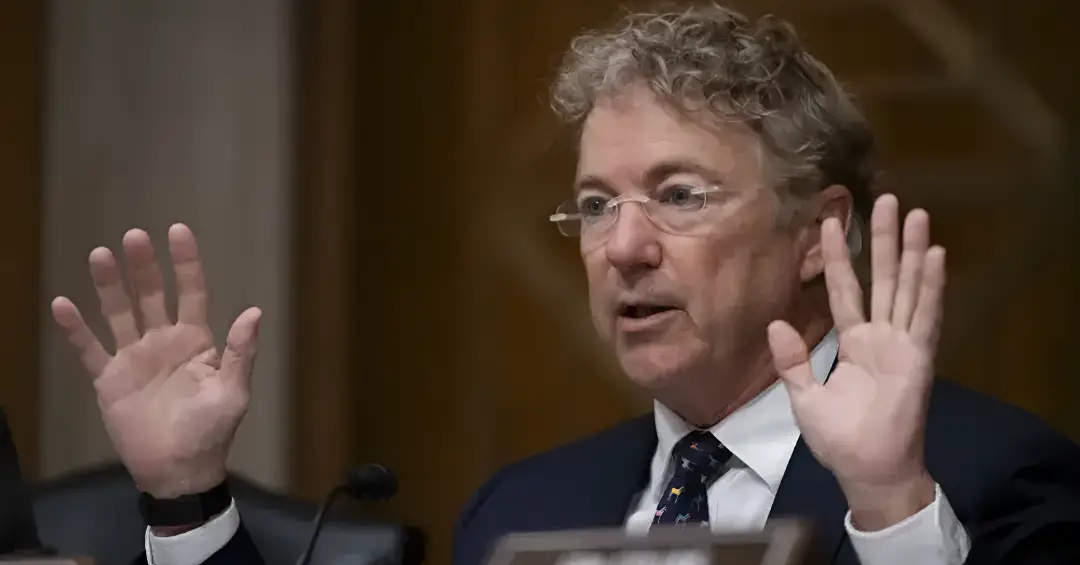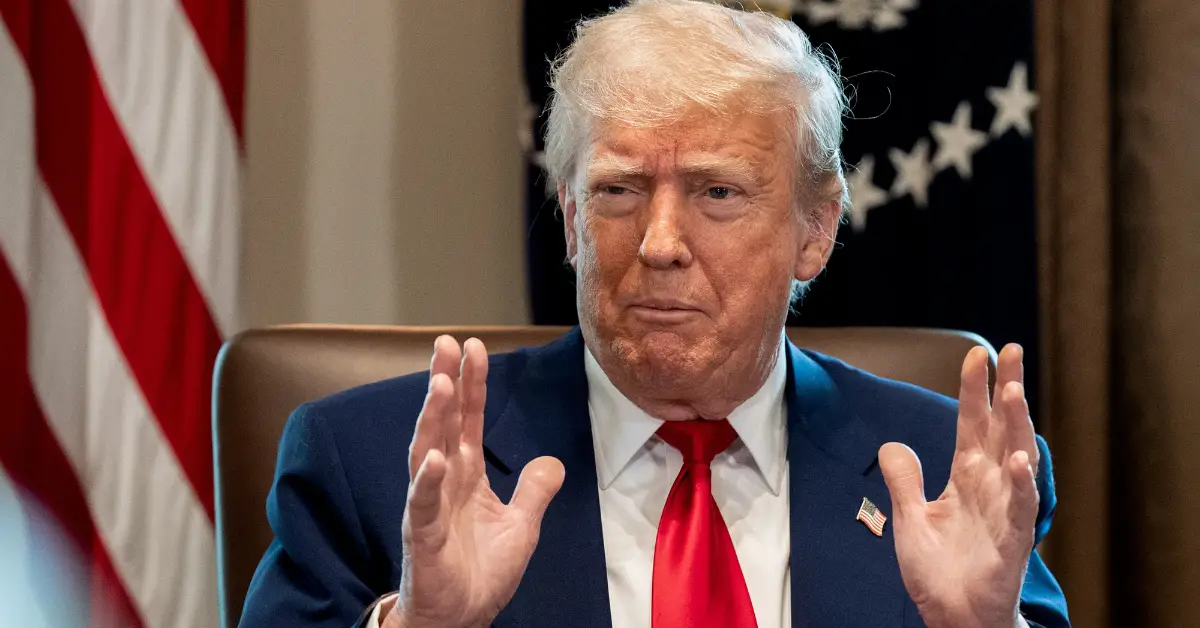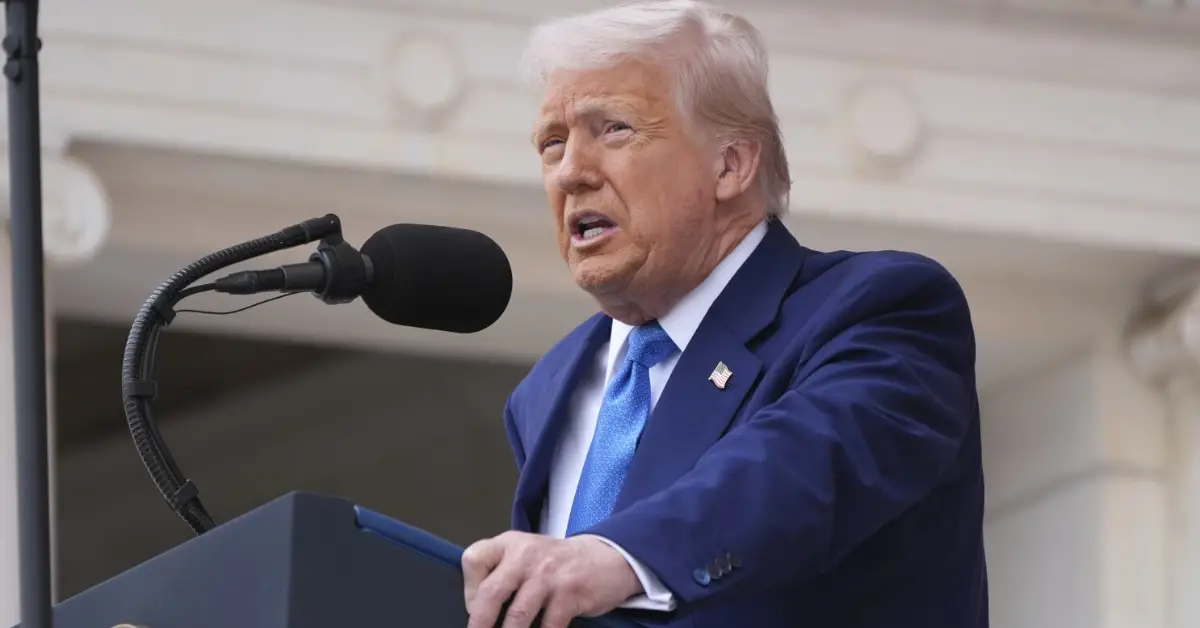Senator Rand Paul, a Republican from Kentucky, revealed that “at least four” of his party colleagues are opposed to the Trump tax bill. Despite this, he expressed his intention to vote in favor of the legislation, signaling his support for the bill’s overarching goals. This statement has sparked much debate, especially considering the contentious nature of tax reform and its potential impact on both the economy and the political landscape.
Paul’s comment about the number of Republican dissenters comes at a time when the GOP is grappling with internal disagreements over the specifics of the tax bill. While many party members have voiced support for the legislation, citing the expected economic growth and tax cuts, others have expressed concerns about the potential long-term fiscal impact and the growing federal deficit.
These concerns are not unique to Republicans; they have been echoed by some economists and political analysts who fear that the proposed cuts could lead to a significant increase in the national debt.
The bill, which is part of the broader tax reform agenda pushed by former President Donald Trump and his administration, has undergone several revisions since it was first introduced. Key elements of the bill include significant tax cuts for businesses, reductions in personal income tax rates, and changes to the corporate tax structure.
While these changes are designed to stimulate economic growth, critics argue that the benefits may disproportionately favor the wealthiest Americans and large corporations, leaving middle-class families with fewer gains.
Despite the divisions within the Republican Party, Paul’s decision to support the bill is aligned with his broader stance on tax reform. As a vocal advocate for smaller government and lower taxes, Paul has long pushed for policies that reduce government spending and limit its involvement in the economy. In his view, the Trump tax plan offers an opportunity to fulfill these goals by lowering taxes across the board and encouraging investment and economic expansion.
However, the bill’s passage is far from certain. Although Republicans hold a majority in both the Senate and the House of Representatives, the internal divisions within the party have raised questions about whether the bill can garner enough support to clear the legislative hurdles ahead. In particular, some moderates and fiscal conservatives are hesitant to support a bill that they believe could exacerbate the nation’s deficit problems.

Senator Paul has been one of the most vocal proponents of the tax cuts, arguing that they will provide much-needed relief to American businesses and workers. He has also pointed to the long-term economic benefits of lower taxes, citing historical examples of economic growth following tax cuts in previous administrations. However, his support for the bill is not without controversy, especially among those within his own party who remain skeptical about the bill’s impact on the national debt and the economy.
In recent weeks, the debate over the tax reform bill has intensified, with both sides of the political spectrum offering competing visions of what the tax system should look like. Proponents of the bill argue that it will lead to job creation, higher wages, and a stronger economy, while critics counter that the plan is a giveaway to the wealthy and that the country cannot afford the proposed tax cuts.
The uncertainty surrounding the bill’s passage highlights the ongoing divisions within the Republican Party, which has struggled to find common ground on a variety of issues in recent years. While many party members remain committed to the principles of tax cuts and deregulation, others are more cautious about the potential long-term effects of such policies. This internal conflict reflects the broader challenges facing the GOP as it navigates an increasingly polarized political climate.
As the debate over the Trump tax bill continues, it remains to be seen how many Republicans will ultimately support the legislation. Paul’s comment about “at least four” Republicans opposing the bill is a reminder that, despite the party’s majority, passing significant legislation can still be a difficult and contentious process. With more members of the GOP expressing doubts about the bill’s fiscal impact, the path forward remains uncertain.
In the coming weeks, the bill will likely undergo further revisions and negotiations as lawmakers attempt to find common ground. Some experts suggest that the bill could be watered down to win over moderate Republicans and other skeptics, but others fear that this could dilute its effectiveness in achieving the desired economic results.
As the vote approaches, all eyes will be on the Republican leadership to see if they can unite their party behind the tax reform bill. The outcome of this debate will have far-reaching consequences for both the future of the Republican Party and the direction of U.S. economic policy in the years to come.




